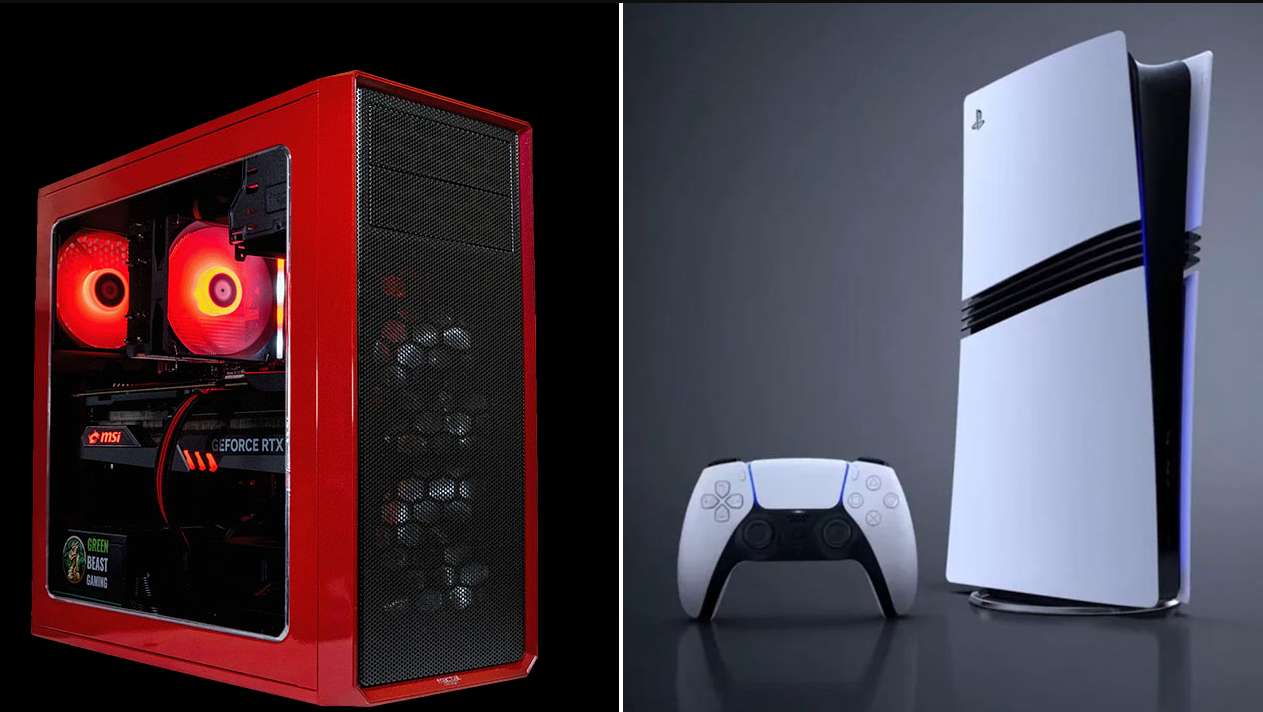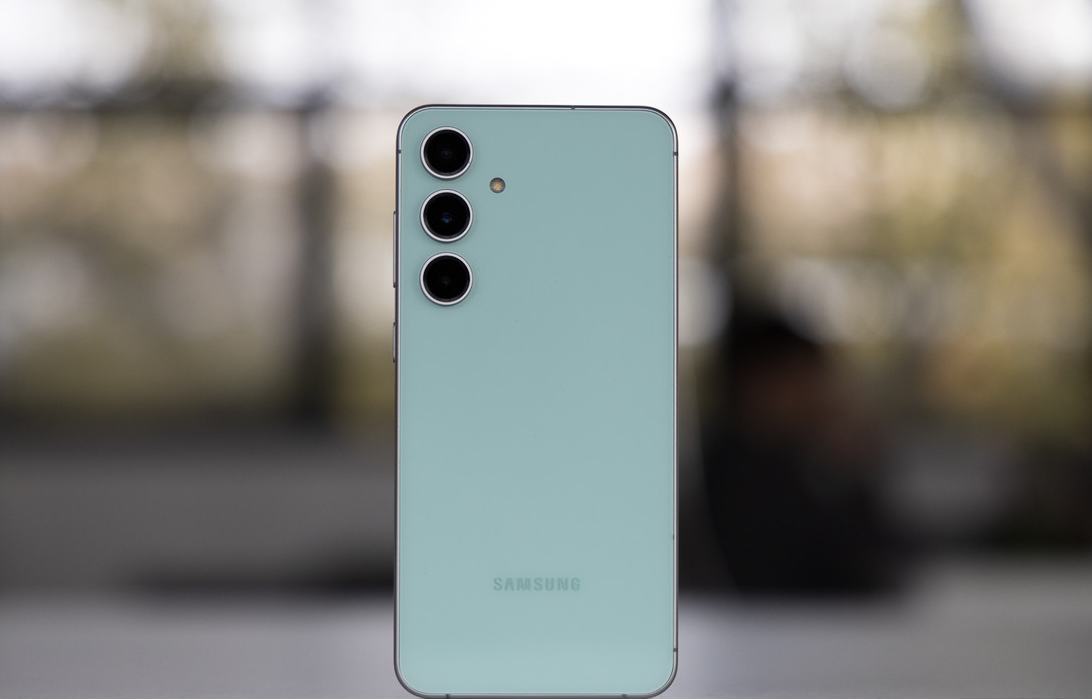When it comes to creating a comfortable and healthy climate in your home, choosing between a humidifier and an air ioniser can be a daunting task. Both devices have their advantages and disadvantages, and understanding their differences will help you make the right choice depending on your needs.
Air humidifier: purpose and benefits
An air humidifier is designed to maintain an optimal level of humidity in a room. Humidity is a key factor for health, as too dry air can cause many problems such as dry skin, irritation of the eyes and mucous membranes, and worsening respiratory problems.
Benefits of an air humidifier
- Keeping skin and mucous membranes healthy: Humidifiers help prevent dry skin, lips and nasal passages, which is especially important in winter when central heating reduces humidity.
- Reducing the spread of viruses and bacteria: Studies show that influenza viruses and other respiratory diseases are less likely to spread in conditions of optimum humidity (40-60%).
- Improved sleep quality: Optimal humidity helps improve sleep quality by reducing snoring and the feeling of dry throat.
Types of humidifiers
- Ultrasonic: Use ultrasonic vibrations to create micro water particles that are atomised into the air. They operate quietly and use little electricity.
- Steam: Heats water to boiling point and releases the steam into the air. They are efficient but can use more electricity and be noisy.
- Traditional (evaporative): Use a wick or filter to absorb water and a fan to evaporate the moisture into the air. They are easy to maintain but may be less efficient in large rooms.
Air ioniser: purpose and advantages
An air ioniser works on a different principle: it creates negatively charged ions that attract and neutralise positively charged particles such as dust, allergens and germs. This helps to purify the air and improve its quality.
Benefits of an air ioniser
- Air purification: Ionisers effectively remove dust, pollen, smoke and other pollutants, which is especially useful for people with allergies and asthma.
- Reducing bacteria and viruses: Negatively charged ions can neutralise many germs and viruses, reducing the risk of disease.
- Improved general well-being: Many users report that ionisers improve their overall well-being, energy levels and concentration.
Types of air ionisers
- Corona Discharge: Create negative ions through an electrical discharge. They are effective but can produce ozone, which is harmful in large quantities.
- Plasma: Use plasma discharges to generate ions. They are safer in terms of ozone emission but can be more expensive.
Humidifier or ioniser, which is better?
Choosing between a humidifier and an air ioniser depends on your specific needs and the conditions in your home. Both devices play an important role in improving air quality, but each has its own unique features and benefits. Let’s take a closer look at which situations are best to use a humidifier, ioniser or combination device.
If you have dry air
A humidifier would be an ideal choice if your air is too dry, especially during winter or in regions with low humidity. Dry air can lead to many health and comfort problems:
- Dry skin and mucous membranes: In low humidity conditions, the skin loses moisture, becoming dry and irritated. The mucous membranes of the nose and throat also dry out, which can lead to discomfort and increased susceptibility to infections.
- Breathing problems: Dry air can worsen symptoms of asthma and other respiratory conditions. Maintaining optimal humidity helps reduce irritation of the respiratory tract.
- Sleep Quality: Dry air often causes breathing problems during sleep, which can lead to snoring and poor sleep quality. A humidifier helps to maintain a comfortable level of humidity, promoting better rest.
- Preserving furniture and plants: Wooden furniture and house plants also suffer from dry air. Maintaining optimum humidity helps to keep them in good condition.
If you have a problem with air pollution
An air ioniser will be more useful if you have air quality problems such as dust, allergens, smoke or unpleasant odours. This device helps to purify the air and improve its quality, which is especially important for people with allergies and respiratory problems.
- Eliminating allergens and pollutants: Ionisers create negatively charged ions that attract and neutralise positively charged particles such as dust, pollen and smoke. This helps to significantly reduce the amount of allergens in the air.
- Reducing bacteria and viruses: Negative ions can also neutralise many bacteria and viruses, reducing the risk of infections and improving overall air quality.
- Improved general well-being: Numerous studies show that negatively charged ions can improve overall well-being, increase energy and concentration levels, and reduce symptoms of depression.
Combined solution
For those looking for a versatile solution, there are devices on the market that combine the functions of a humidifier and an ioniser. Combination devices can be an ideal choice for those who want to humidify the air and purify it from pollutants at the same time.
- Humidification and air purification: Combination units provide both processes at the same time, maintaining optimal humidity levels and purifying the air from dust, allergens and germs. This is particularly useful in urban environments where the air can be both dry and polluted.
- Saves space and energy: One unit instead of two saves space and energy, making it a more convenient and efficient solution for your home or office.
- Convenience and ease of use: Modern combi units are often equipped with intelligent control systems that automatically adjust the humidity level and ionisation intensity depending on the room conditions.
Humidifier and ioniser comparison table
| Function | Humidifier | Ioniser |
| Main objective | Air humidification | Air purification |
| Improvement of skin condition | Yes | No |
| Reducing the spread of viruses | Yes | Yes |
| Allergen reduction | No | Yes |
| Electricity consumption | Low (ultrasonic) | Average |
| Ozone emission | No | Possible (depending on type) |
The choice between a humidifier and an air ioniser depends on the specific conditions in your home and your needs. If you need to humidify dry air, a humidifier will be the best choice. If the main problem is air pollution, however, an ioniser will help you clean the air. Ideally, you can consider combination units that will provide both humidification and air purification. Regardless of your choice, it is important to maintain the devices regularly and keep an eye on their condition so that they perform their functions effectively.
Discover a humidifier and air ioniser and enjoy savings with reBITme. Don’t miss your chance!





